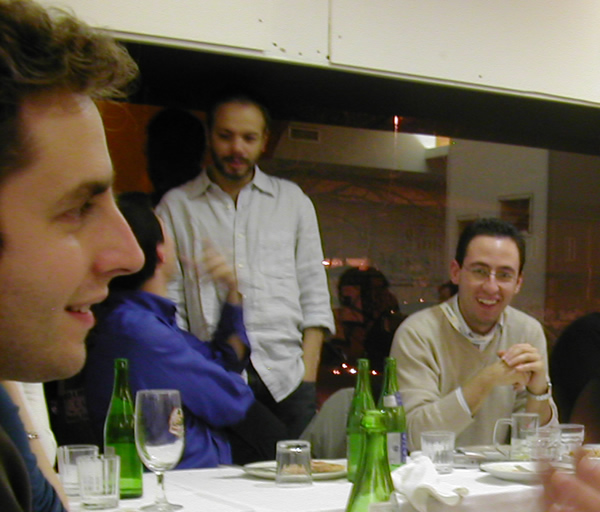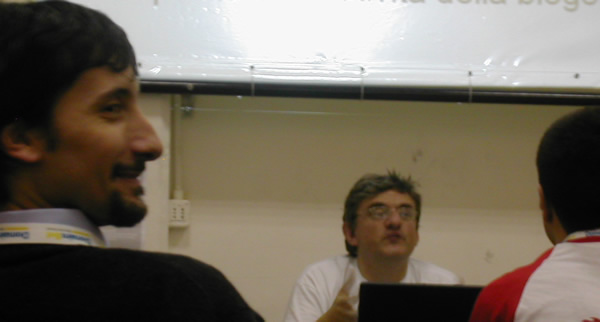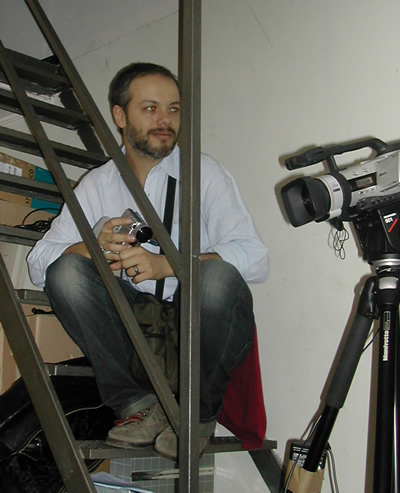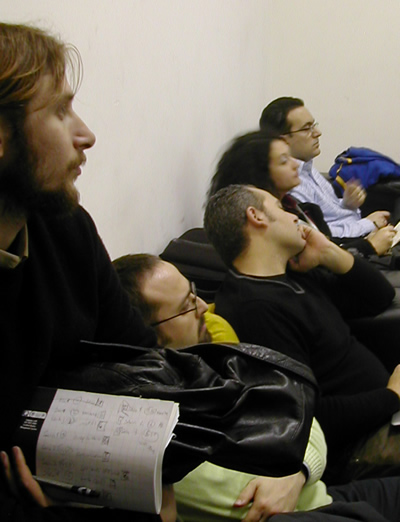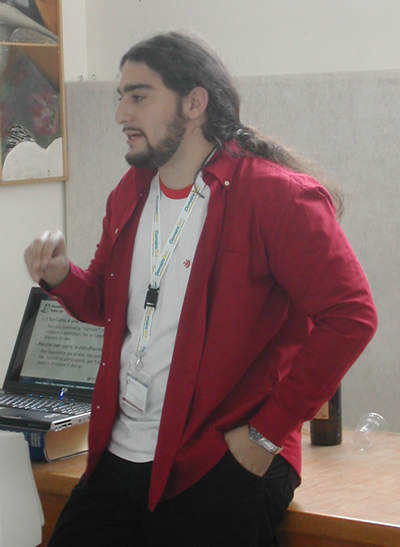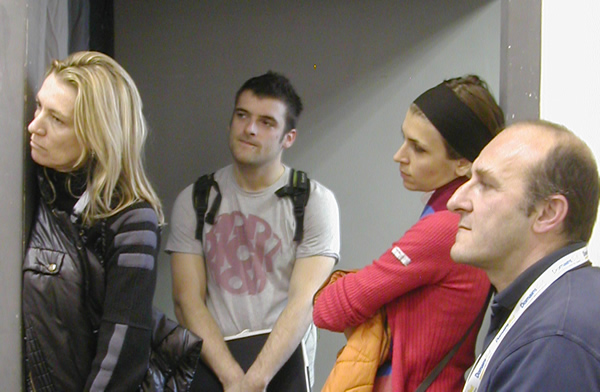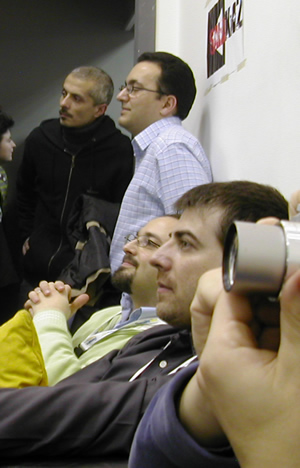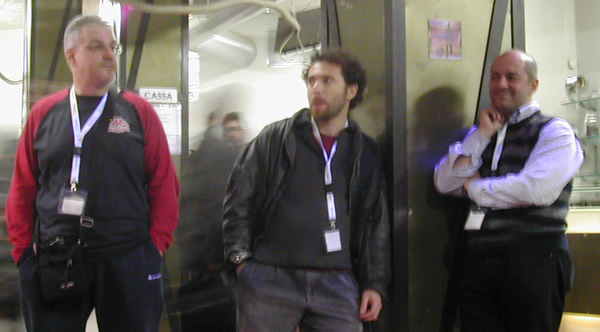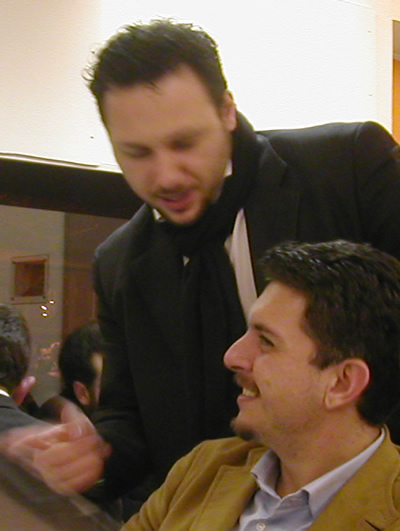(originally published in 2002)
The assassination of Pim Fortuyn, a Dutch politician, provides food for thought. Fortuyn was “a politician who rejected multiculturalism, called for an end to immigration and excoriated Islam as a ‘backward culture’ for its intolerance of homosexuals, attitude to women and more” and “argue[d] fiercely that immigrants should integrate more wholeheartedly with the host nation.” (The Economist, May 9 and April 25, 2002). Fortuyn raised valid questions about immigration and cultural identity, questions that European countries urgently need to answer.
Due to low birthrates, there is a shortage of “native” European babies, and Europe faces a demographic decline which will lead to a disproportion between the number of people being paid state pensions, and the number of people in the workforce paying the taxes to pay those pensions. Europe needs an inflow of young people to fill the demographic gap, and to do the menial jobs that native Europeans consider beneath them. There is demand for labor, and it is supplied, both legally and il-, by economic migration from poorer countries.
Yet immigration worries many Europeans. The ugly side of these fears is expressed in support for extremists like Le Pen in France. Balanced thinkers like Fortuyn, however, deserve a hearing. He posed important questions about the mutual rights and obligations of immigrants and their new home countries.
The big question is integration: How much should immigrants be expected to adopt the values and mores of their new countries? The issues are thorny when people from more repressive cultures immigrate to liberal ones (and the Netherlands’ is one of the most liberal in the world!). Which practices can or should be defended on the grounds of culture and tradition?
Some obvious lines are drawn. Clitoridectomy (“female genital mutilation“) is illegal in European countries; some women have successfully bid for political asylum to avoid being sent back to countries where they would be forced to undergo it. But other cultural conundrums run the gamut from arranged marriage, to Muslim girls covering their heads in school.
There are even culture clashes between first- and second-generation immigrants, sadly illustrated by the case of Fadime Sahindal. She moved with her Kurdish family to Sweden when she was seven, and attended Swedish schools. So she grew up between cultures, a third-culture kid, neither wholly Swedish nor wholly Kurdish. Her parents nonetheless expected that she would behave as Kurdish girls traditionally do, e.g. submit to a marriage arranged by them, with a Kurdish man. She defied them by falling in love with a Swedish man, and was murdered by her own father for “dishonoring” her family. (More)
“European populations are aging, and cannot maintain their welfare states without massive immigration; immigration from Islamic countries threatens to change European values inalterably.” (Rod Dreher, National Review Online)
Pim Fortuyn had reason to fear such changes. He was flamboyantly gay – not a problem for most Dutch, but anathema to many conservative Muslims, even those living in Holland. His murder just before the elections may already have changed the Dutch political mindset: “Mr Balkenende [expected to be the next prime minister] repudiated the country’s multicultural approach to immigration and said newcomers should assimilate with Dutch culture.” (The Economist, May 16, 2002)
Jan 28, 2007 – Revisiting this article nearly five years later, it’s hard to say that much has changed for the better. The Netherlands is having an identity crisis, spurred on the one hand by a tradition of tolerance, on the other by events like the religiously-inspired murder of director Theo van Gogh.
Italy has had its own “honor” killing. Last summer a twenty-year-old woman of Pakistani descent, raised mostly in Italy, was murdered by her father and uncle for dishonoring the family by refusing an arranged marriage and living with an Italian man. Her relatives slit her throat and buried her in the garden.
A colleague told me of a friend of hers, a north African woman in her 30s who has been in Italy for many years and lives with her Italian boyfriend. But now that her family is coming to visit from the home country (yes, I am being deliberately vague), she is going through an elaborate ruse to hide the real facts of her life, for fear that her family would literally kill her were they to find out that she is living in sin. This woman must either submit to the will of her family (marry a Muslim man of their choosing) or live in subterfuge and danger forever. Or renounce her family, but it’s possible that this would not save her life, should the family consider itself dishonored by her behavior. How is an open, tolerant society like Italy’s supposed to deal with this? What can we do to help her and others like her?
Your thoughts?





